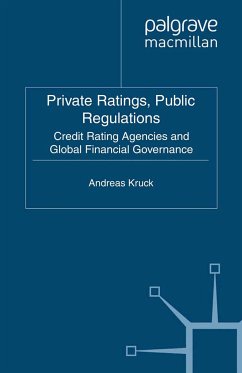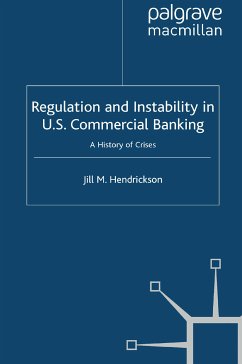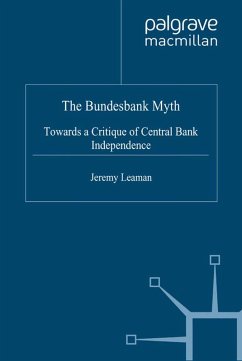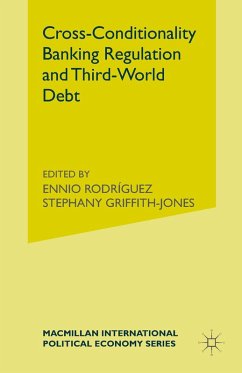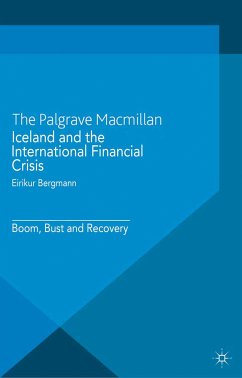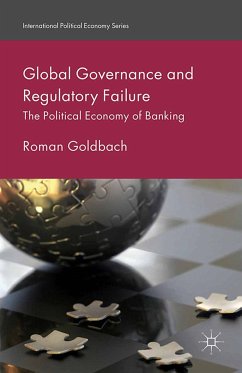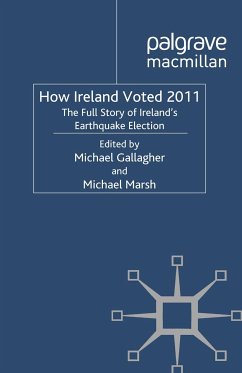Dieser Download kann aus rechtlichen Gründen nur mit Rechnungsadresse in A, B, BG, CY, CZ, D, DK, EW, E, FIN, F, GR, HR, H, IRL, I, LT, L, LR, M, NL, PL, P, R, S, SLO, SK ausgeliefert werden.
Hinweis: Dieser Artikel kann nur an eine deutsche Lieferadresse ausgeliefert werden.
interested in credit rating agencies or regulatory responsibility more broadly will certainly
benefit from his research [...] an important contribution to the study of global economy.'
David James Gill, International Affairs, March 2012
'The text's primary benefit is that it is accessibly written and offers a straightforward introduction to the specialized topic of credit rating agencies and the collaboration of public and private actors in governance more generally. Further, Kruck provides the valuable reminder that there is no singular Capitalism existing in the world today but, rather, many nuanced expressions of this economic and political system that act and react differently to market forces. He also exposes readers to a healthy crop of new terms disintermediation, transsovereignty, homo oeconomicus thatexcite creative possibilities about the study of economic systems at the very level of language.'
Camille van der Marel, Inquire: Journal of Comparative Literature, January 2012

